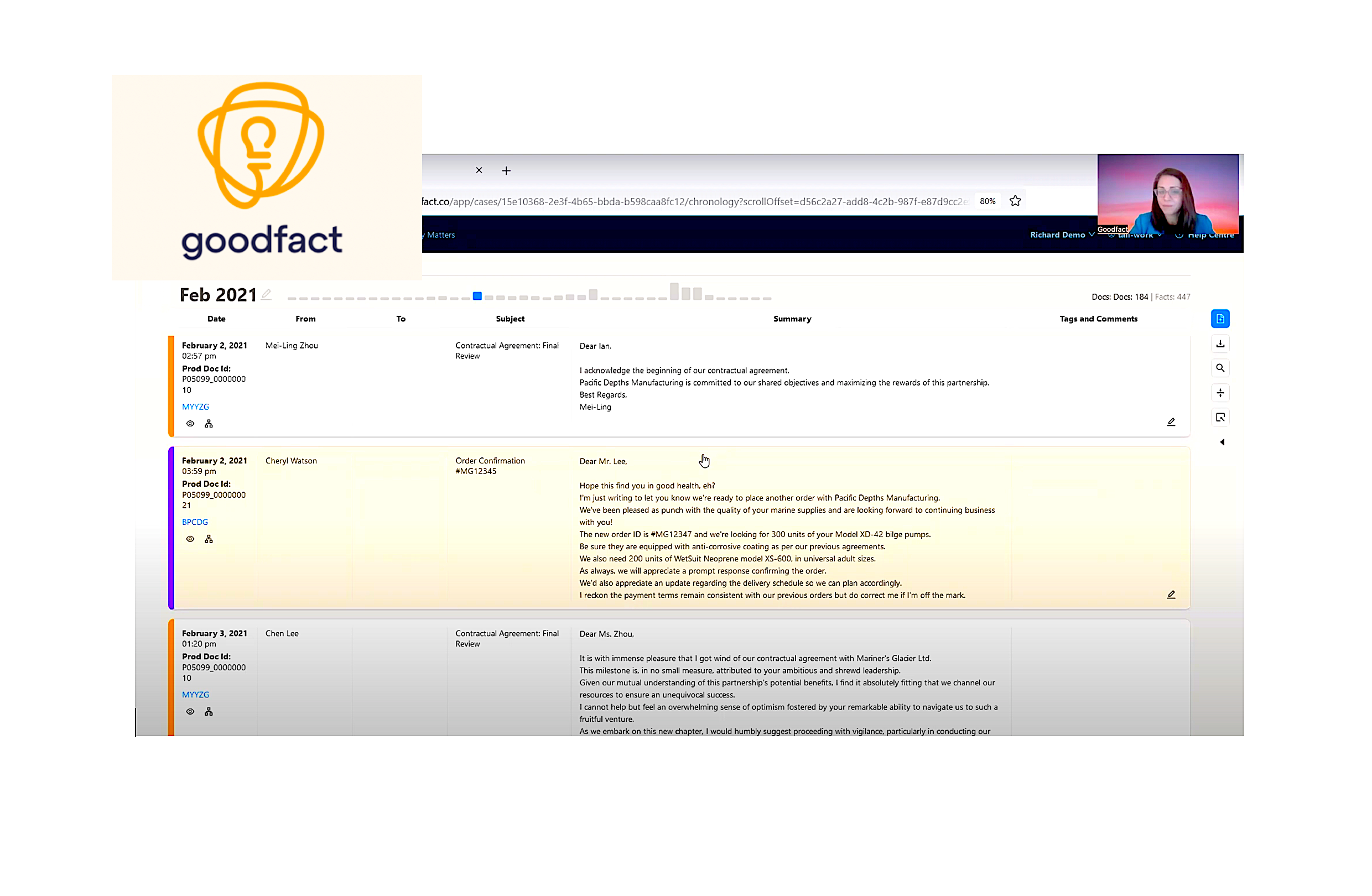AI Cyber Security Predictions 2025
As artificial intelligence (AI) continues its meteoric rise, 2025 is shaping up to be a transformative year in the realm of cyber security. Industry experts predict dramatic shifts in how AI influences global energy use, software development, regulatory landscapes, and cyber threats. These changes present both vast opportunities and significant risks for individuals, organizations, and […] The post AI Cyber Security Predictions 2025 appeared first on Cyber Security News.

As artificial intelligence (AI) continues its meteoric rise, 2025 is shaping up to be a transformative year in the realm of cyber security.
Industry experts predict dramatic shifts in how AI influences global energy use, software development, regulatory landscapes, and cyber threats.
These changes present both vast opportunities and significant risks for individuals, organizations, and governments worldwide.
Recently, Microsoft and OpenAI have announced an extension and evolution of their strategic partnership, reinforcing their commitment to advancing artificial intelligence technology, which indicates that strong AI will rule in the future.
The AI Surge and Its Implications
The adoption of AI technologies is advancing at an unparalleled pace. ChatGPT, just one example, reached over 100 million users in a mere two months after launch and now records more than 3 billion monthly visits.
Similarly, other AI models like Claude, Gemini, and Midjourney have seen rapid expansions in reach and functionality. By the end of 2024, 92% of Fortune 500 companies incorporated generative AI into their workflows, according to GBHackers News.
According to Dimension Market Research, the surging reliance on AI is driving massive growth in the global AI market, projected to reach $140.8 billion by 2033.
However, this breakneck progress is already straining natural resources, as the computational demand of AI technologies requires immense amounts of energy, land, and water.
Addressing AI’s Energy Consumption Crisis
The proliferation of AI systems is causing a surge in global energy usage, particularly within data centers the backbone of AI operations.
According to McKinsey, the number of data centers worldwide doubled between 2015 and 2024, now exceeding 7,000.
Deloitte reports that energy consumption from these centers is projected to triple by 2034, reaching a staggering 1,580 TWh roughly equating to India’s current annual energy usage. AI alone is expected to account for 19% of this demand by 2028.
Innovative solutions are urgently needed to manage this unprecedented strain. Industry experts suggest that nuclear energy and advanced compute technologies such as compute-in-memory (CIM) architectures may play critical roles in improving energy efficiency.
CIM chips, for instance, integrate processing within RAM, reducing data transfer energy costs and offering a pathway toward sustainable AI deployment.
Investigate Real-World Malicious Links & Phishing Attacks With Threat Intelligence Lookup - Try for Free
AI’s Role in Revolutionizing Software Development and Threats to Security
AI is poised to fundamentally change software development, moving from basic code-assistance tools like GitHub Copilot to full-fledged code-generation platforms such as CursorAI and Replit.
These advancements promise significant productivity gains but also elevate cyber security concerns.
The same tools that enable developers to create software faster can also equip malicious actors to generate sophisticated malware with minimal expertise. As the barriers to entry for cybercrime diminish, the digital world faces an increased risk of large-scale attacks.
To combat this, the concept of “responsible AI” is gaining momentum. This approach encourages AI vendors to build guardrails into their systems to prevent misuse.
Collaboration between software developers, cyber security vendors, and ethical hackers will be crucial in identifying vulnerabilities and securing AI models against exploitation.
The Emergence of Multi-Agent AI Systems
2025 will also herald the rise of multi-agent AI systems capable of autonomous decision-making, task execution, and adaptive interaction with environments.
These systems are expected to revolutionize both cyber-attacks and defense strategies. In a cyber-attack scenario, malicious multi-agent AI systems could coordinate complex, hard-to-detect operations.
In contrast, defensive systems could deploy multiple AI-driven agents to collaborate in real time, sharing intelligence and mitigating threats across networks more effectively.
Navigating Ethical and Regulatory Challenges
As AI becomes increasingly pervasive, ethical and regulatory challenges are taking center stage. Two major legislative developments are set to reshape AI governance in 2025.
The EU’s AI Act, which emphasizes transparency and accountability, takes effect on February 2, with additional provisions rolling out in August. In the US, new AI regulatory frameworks are expected to emerge under the National Defense Authorization Act (NDAA) and related initiatives.
These regulations will compel organizations to prioritize ethical AI implementation while fostering a new market for AI governance platforms. Such frameworks will help ensure AI systems are transparent, secure, and equitable, enhancing public trust in AI-driven technologies.
The transformative potential of AI in 2025 comes with responsibilities that transcend individual organizations. Governments, tech companies, and cyber security experts must collaborate to navigate the opportunities and challenges posed by AI’s rapid evolution.
As AI reshapes industries and lifestyles, vigilant strategies will be essential to harness its promise while safeguarding against its risks.
The year ahead will be a pivotal one, marking the next chapter in the interplay between AI innovation and cyber security. Whether this chapter is defined by progress or peril will depend on the collective efforts to adapt to this rapidly changing technological landscape.
Integrating Application Security into Your CI/CD Workflows Using Jenkins & Jira -> Free Webinar
The post AI Cyber Security Predictions 2025 appeared first on Cyber Security News.
What's Your Reaction?





















































































